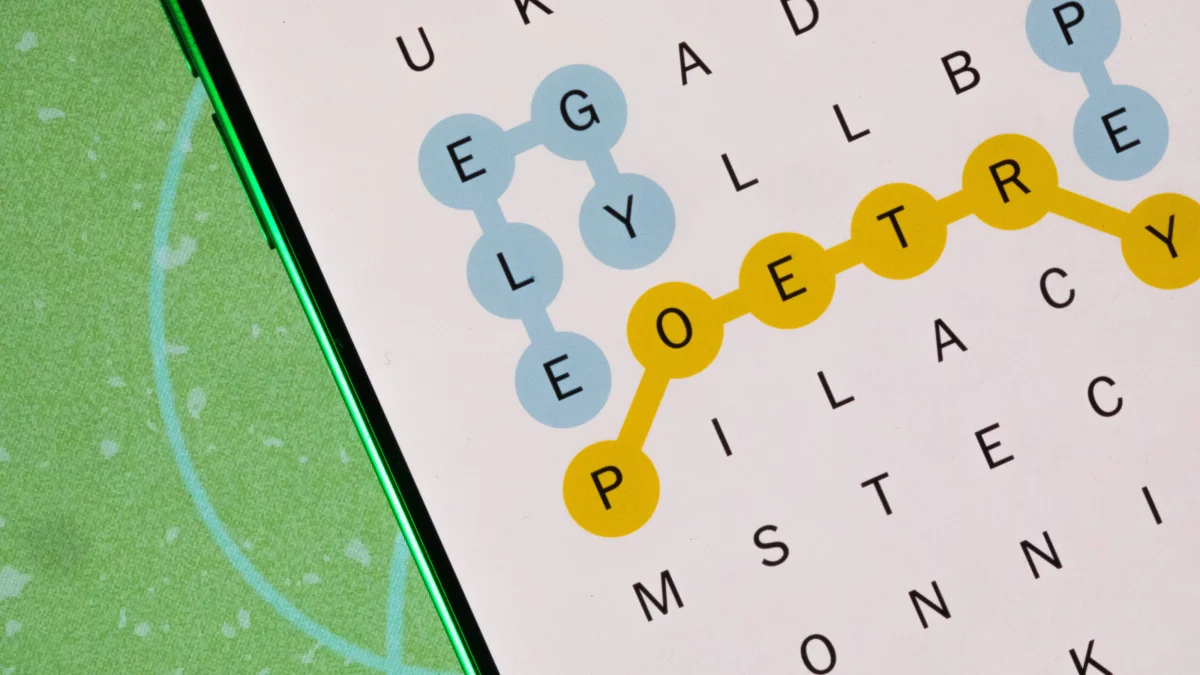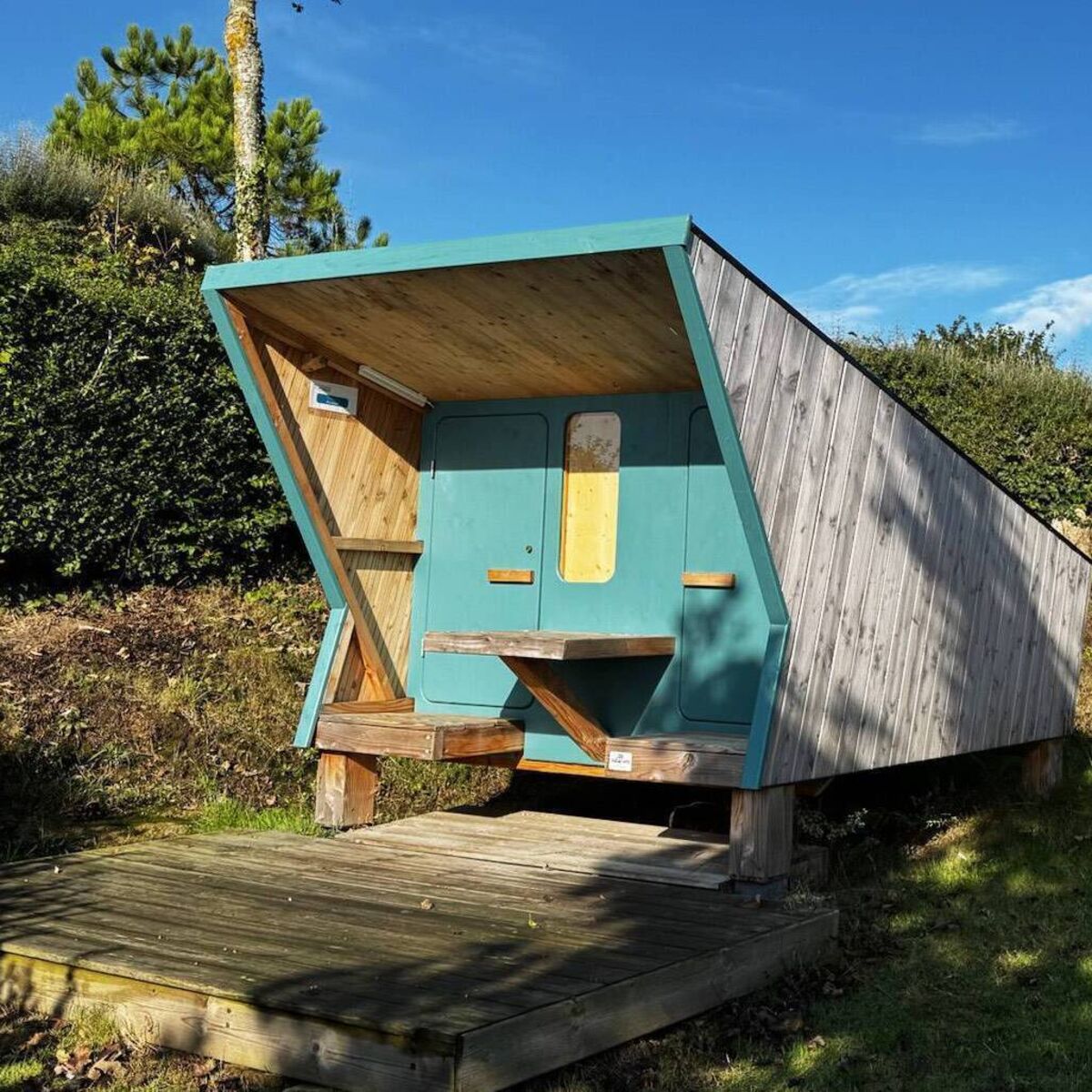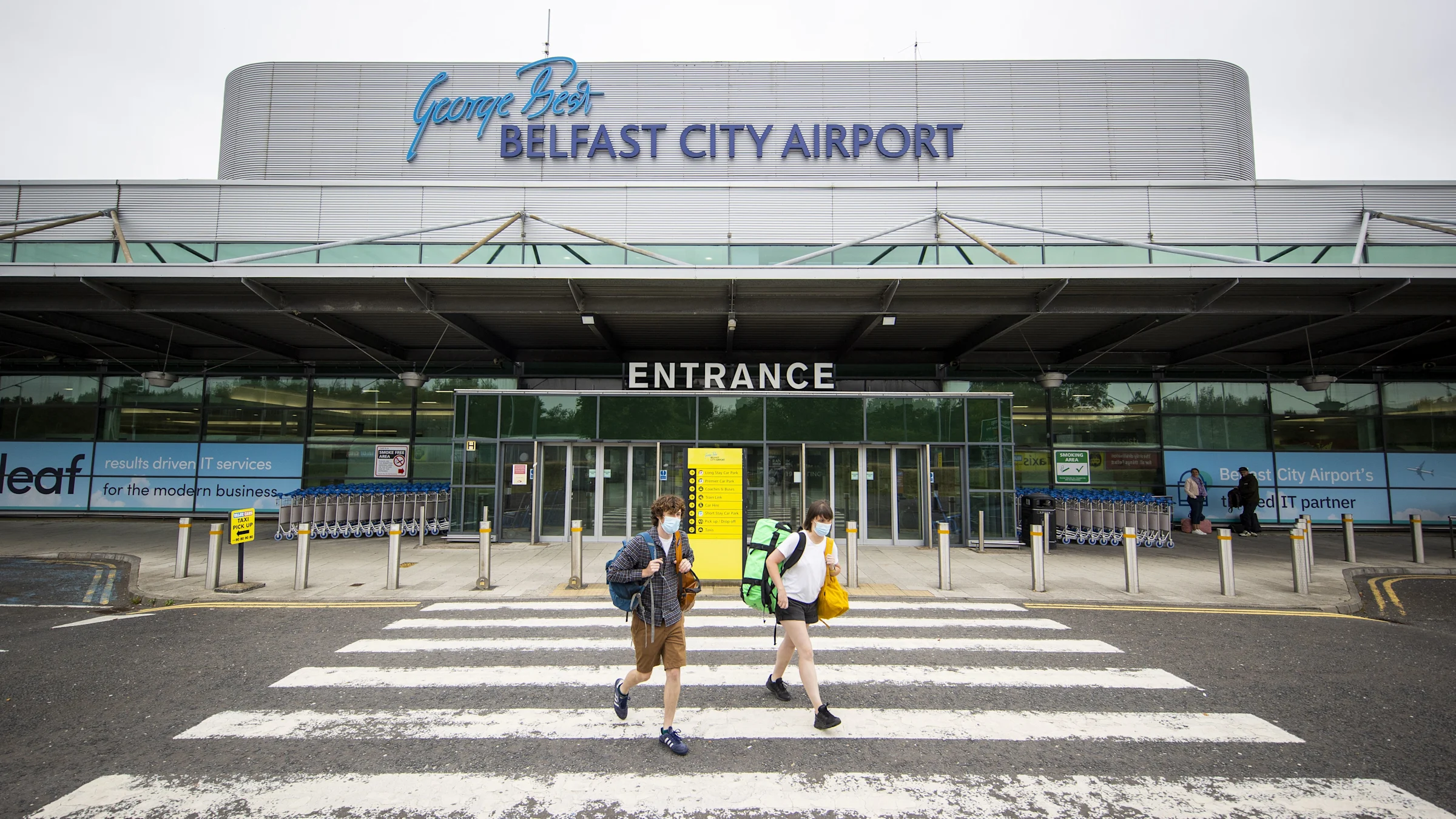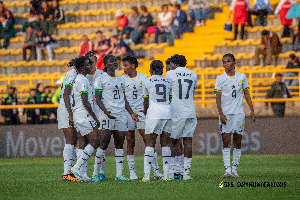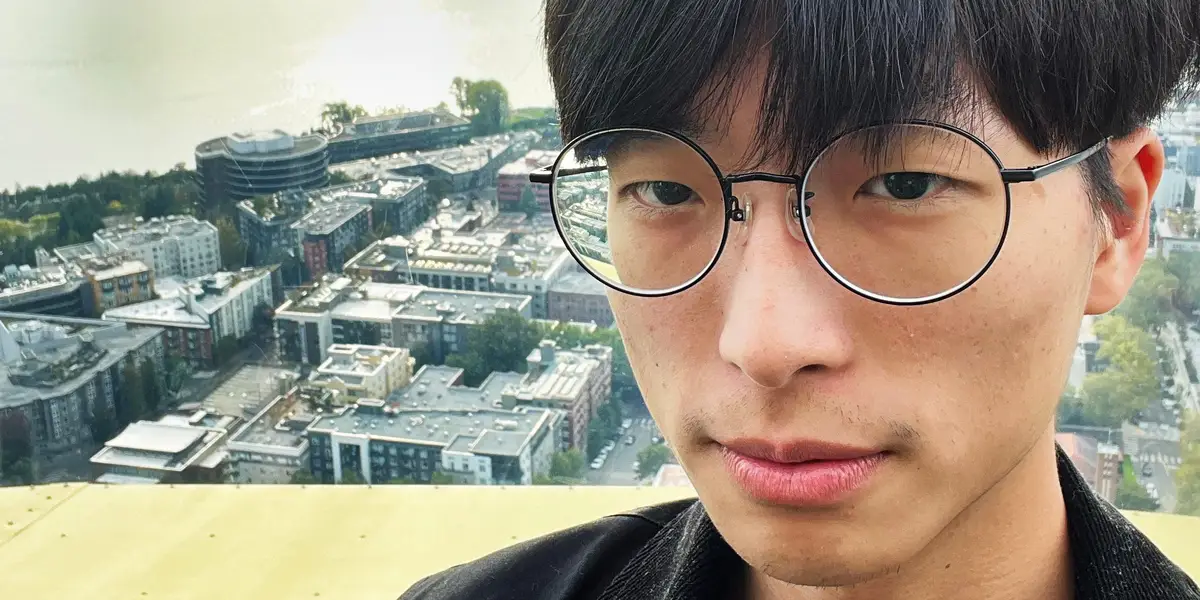
This as-told-to essay is based on a conversation with Wen-Hsing Huang, a 25-year-old software development engineer at Amazon from Taiwan, who is now based in Seattle. Business Insider has verified Huang’s employment history with documentation. The following has been edited for length and clarity.
I always knew I wanted to study and work in the United States. When I was 18, I dreamed of making $200,000 a year working in Big Tech when I graduated.
Over time, I began to question whether I wanted my career dictated by a visa. I realized how little control I had over external factors: the economy, layoffs, and visa policies. The only thing I could control was my response.
That’s why I’m not overly stressed about the latest H-1B visa updates. My experiences have made me resilient and given me a more mature mentality to overcome challenges.
The new American dream isn’t about staying in America; it’s about using the skills, network, and savings you build here to create a life where you’re not at the mercy of visas, layoffs, or politics. For me, that means returning home, building something of my own, and enjoying the freedom that comes with it.
I came to the US in the midst of tech layoffs
My original plan was to come to the US on an F-1 visa, study, and work on the Optional Practical Training (OPT) program, which allows international students to work for a year after graduating — or up to three years if you’re in STEM. It’s a common path for international students to get their start in the US.
I wanted to work for a company that could apply for a green card for me, work full-time for five years, become a senior software engineer, and then pursue my dream of entrepreneurship, since I would have a better safety net and wouldn’t need to worry about my visa. I’d work for another 10 to 20 years, achieve financial independence, retire early (FIRE), and retire at 40 years old.
I studied very hard at National Central University in Taiwan, graduating at the top of my class. My English wasn’t very good, but I worked hard enough to earn a spot in the University of Illinois Urbana-Champaign master’s program in computer science.
Related stories
Business Insider tells the innovative stories you want to know
Business Insider tells the innovative stories you want to know
I arrived on an F-1 student visa in 2022, when there were mass tech layoffs at Meta, Twitter, and many other companies. Finding a summer internship was really difficult. Usually, that’s the path to a full-time job, but I had no offers.
I dedicated myself to finding a job
I had borrowed $100,000 from my parents to study in the US, and they weren’t that wealthy. If I didn’t land a job after graduation, I would have to leave within 60 days, $100,000 in debt to my parents. I committed myself full-time to finding a full-time job. I practiced my elevator pitch repeatedly, attended every career fair I could find, refined my coding skills and résumé, and applied to any opportunities I saw.
My mental health was pretty terrible during that time, but it gave me good life experience and made me learn what I can and can’t control in life.
After graduating from my program, I landed a job at ASM, a semiconductor company in Arizona. Six months later, in September 2024, I joined Amazon, where I’ve been working ever since.
I originally wanted to remain in the US
At first, I was obsessed with staying in the US. I wanted a green card and was very afraid I wouldn’t be able to stay. The turning point came in April 2025, when there was a lot of news about F-1 students being deported. I didn’t get selected in the H-1B lottery for the second time and felt very uncertain and insecure.
I’d planned a trip to Japan that month, and despite the news, I traveled because I realized I didn’t care whether I stayed in the US or not.
I’ll have one more chance to apply for the H-1B visa next year before my OPT runs out, but I’ve already made peace with the possibility of leaving.
Many people have an illusion of stability, but the world isn’t stable, and neither is the economy. Layoffs can happen anytime. I believe AI will replace many jobs, including in software.
These are some factors that pushed me to act with urgency and control my own life. I don’t want to sacrifice my 20s trying to get this uncertain and illusory American dream.
There’s a new American dream
For three years, every major decision had to be filtered through “Will this affect my visa status?” rather than “Is this what I actually want to do?” I couldn’t test business ideas, take entrepreneurial risks, or even travel freely without worrying about re-entry.
Now, my plan is different. I’ll keep working at Amazon a while longer, save money, and return to Taiwan to start my own business. With the internet, borders matter less. I can register a company in the US, serve a global customer base, and earn US-level income while enjoying Taiwan’s lower cost of living and better healthcare.
Despite the challenging process, I’m still very grateful for my time in America. I earned my degree, gained Big Tech experience, broadened my perspective, and learned life’s most important lessons: resilience — maintaining strength amid uncertainty — and finding my true values.
I came here with deep admiration for a country that has always attracted adventurers in pursuit of freedom and opportunity, where regardless of your background or where you come from, talent and perseverance matter more than origins. I believe that America still exists in spirit.
But leaving means I can finally make decisions based on what I want to build rather than what my visa allows. I don’t give advice to others; everyone has their own priorities. But for me, leaving the US isn’t a failure. It’s freedom.
